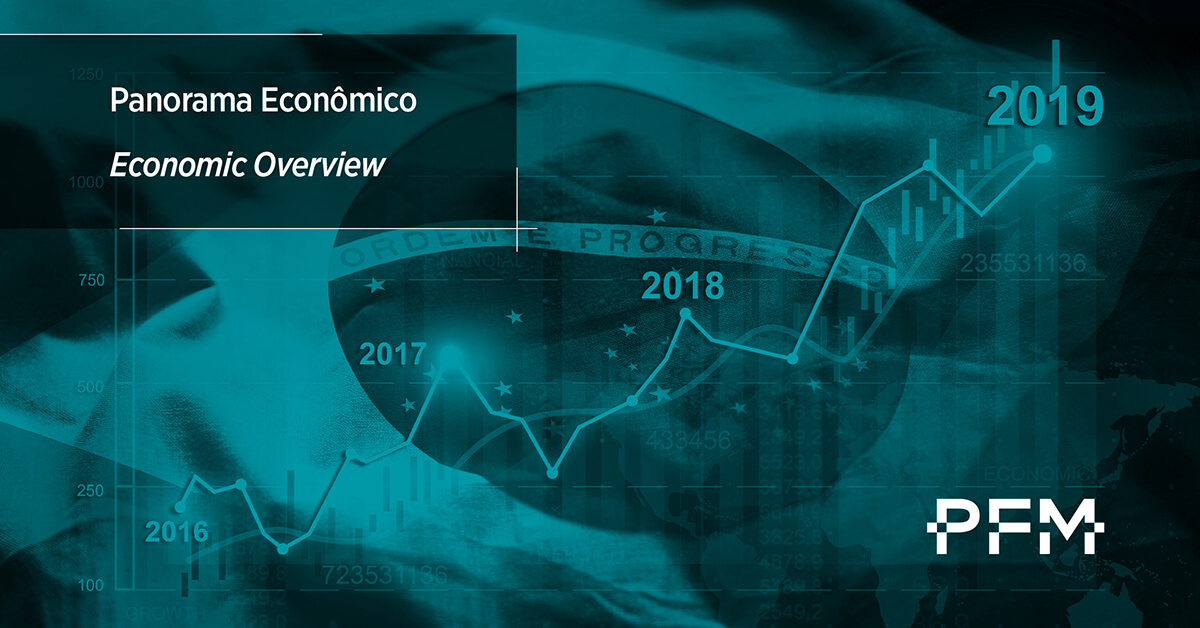Although the political headlines have dominated an important part of the media so far this year, we have gathered below data that we believe are interesting about the national economy in the first seven months of this year, with a positive vies in the horizon, in our view:
- The privatization programs (with highlight to Petrobras’ divestitures) and concessions (roads, airports and railroads) carried out so far have produced very satisfactory results, attracting foreign and national investors for long term projects and infrastructure, which are fundamental to the country’s future.
- According to Brazilian Central Bank (Bacen) data released recently, the foreign direct investment (FDI) into Brazil reached USD91,8 Billion in the last 12 months, which corresponds to 4,91% of our GDP, bringing a positive impact to our foreign exchange balance, especially when taken into account the forecasted trade surplus of some dozen billon dollars for this year.
- In the Brazilian Monetary Council (COPOM) meeting held this week, the base government interest rate (Selic) was cut by half percent to its historical low of 6%. Contributed for such event the controlled inflation (within the target) and the GDO growth that has been lower than expected (below 1% on an annual basis). In this context, there are expected other couple of cuts of half percentage points in the COPOM meetings in the upcoming months, bringing it to another historical low of 5% at year end.
- Yet, the so called “Brazil Risk”, associated to the Credit Default Swaps, has reached its lowest level in 5 years, in numbers that are lower to the ones that were seen when Brazil was still listed as an investment grade country by the risk agencies.
- Complementing the scenario above, according to official data (CAGED), which counts only employees that are registered, 400 thousand formal employments have been created so fat this year, which has also been the best result in 5 years. The unemployment rate is still high, at 12%, but has been ceding in recent months, although at a pace that people expect can be improved.
- Finally, there are great expectations for the next months’ agenda: (i) the conclusion of the voting/approval in second vote of the Social Security Reform in the Lowe House, followed by its voting and approval by the Federal Senate; (ii) the oil and gas auctions comprising the exceeding pre-salt volumes (so-called onerous cession), the production sharing pre-salt bids and the post-salt concessions; (iii) the submission of a tax reform bill by the Executive to the Congress, or the utilization by this latter of draft bills that are already under analysis by the Legislative; and (iv) the continuity and boldening of the privatization and concessions programs.
Note: the data above are merely informative and shall not be interpreted as investments’ suggestions and/or specific Advisory


